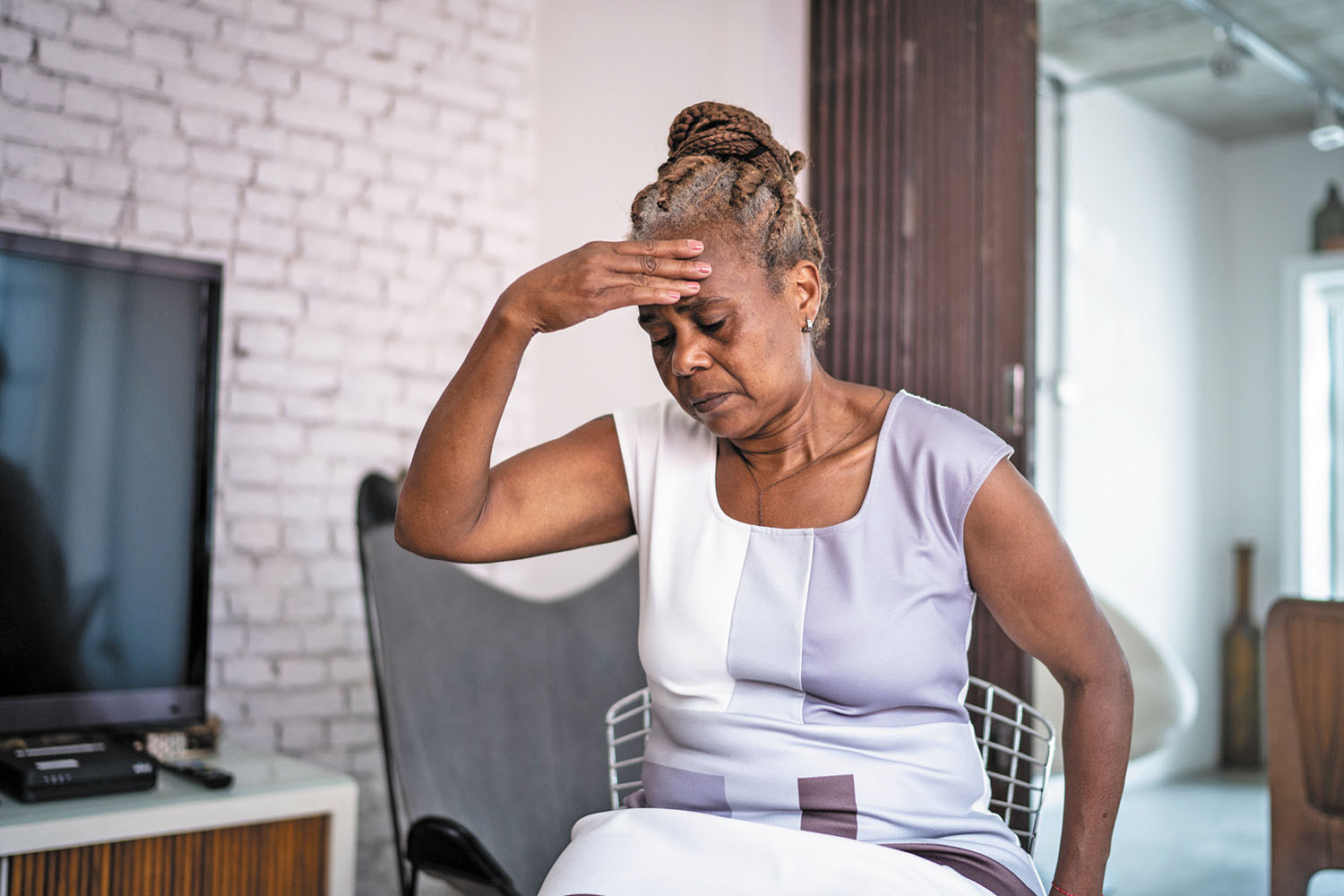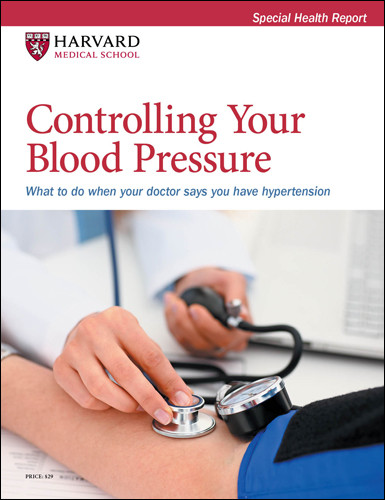Why do I feel dizzy after a meal?
Ask the doctors

Q. Sometimes I feel lightheaded or dizzy after I eat. Why might this happen?
A. You're probably experiencing a fairly common condition called postprandial hypotension, or low blood pressure after eating. Estimated to affect up to one-third of older adults, this form of low blood pressure happens when blood flow is diverted away from body areas that include the heart and brain and instead gets routed to the stomach and intestines during digestion.
Some people are genetically predisposed to postprandial hypotension, while others develop it after a stroke or accident damages nerves involved with blood pressure. Another major contributor is high blood pressure, which hinders blood vessels' ability to narrow and relax normally.
While the dizziness or lightheadedness that accompany postprandial hypotension aren't dangerous on their own, they can lead to falling or fainting. The condition can also trigger nausea, disturbed vision, or chest pain known as angina. To avoid low blood pressure after eating, drink a large glass of water before eating; eat smaller, more frequent meals; and choose whole grains, beans, and lean meats over highly processed foods, which quickly pass from the stomach to the small intestine. Make sure you tell your doctor about your symptoms as well.
Image: © FG Trade/Getty Images
About the Authors

Toni Golen, MD, Editor in Chief, Harvard Women's Health Watch; Editorial Advisory Board Member, Harvard Health Publishing; Contributor

Hope Ricciotti, MD, Editor at Large, Harvard Women's Health Watch
Disclaimer:
As a service to our readers, Harvard Health Publishing provides access to our library of archived content. Please note the date of last review or update on all articles.
No content on this site, regardless of date, should ever be used as a substitute for direct medical advice from your doctor or other qualified clinician.













